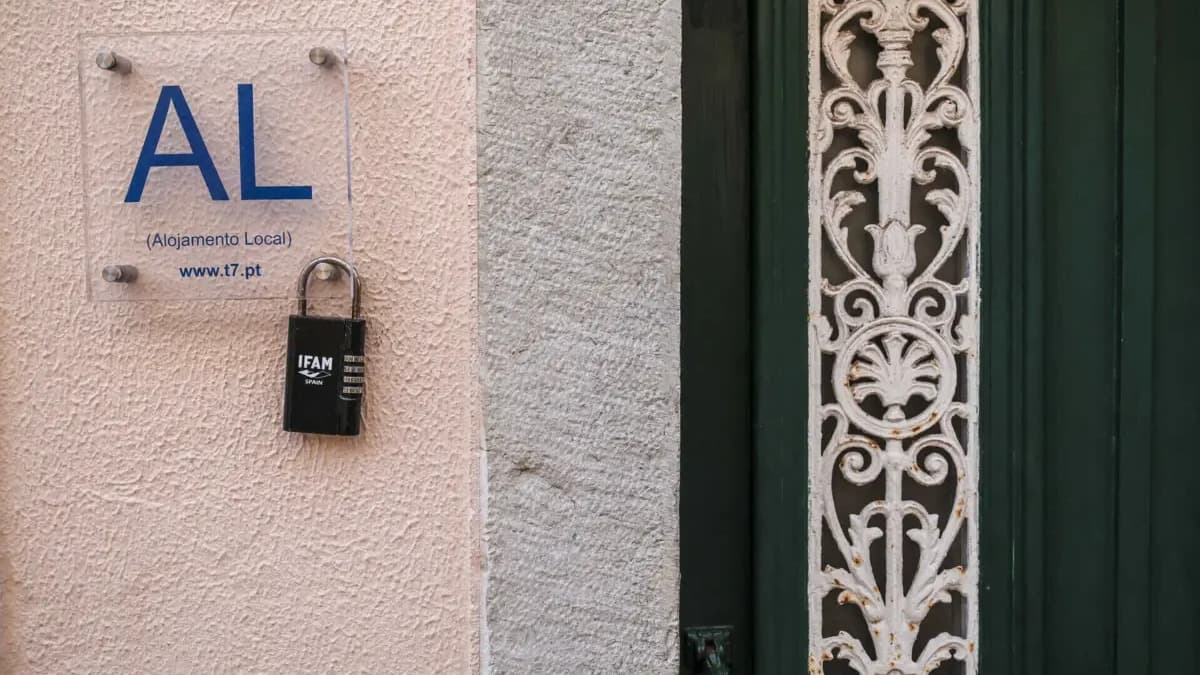Funchal Municipal Assembly Approves Six-Month Suspension of New Short-Term Rental Licenses
The tourism authority and local government of Funchal have announced a significant regulatory change affecting the short-term rental market. Last week, the Municipal Assembly approved a temporary six-month suspension on the issuance of new licenses for Alojamento Local (AL), or short-term rental establishments, within the municipality. The decision was passed with a majority vote, with the CDU party abstaining.
The Mayor of Funchal, Cristina Pedra, clarified that the suspension is a procedural step to allow for the completion of a new, comprehensive municipal regulation for the AL sector. 'It is urgent to have a regulation that defines clear limits and criteria,' she stated, while reassuring that the city government recognizes the importance of the sector for the local economy and job creation. The new rules are intended to bring clarity and sustainability to the market.
The specific regulations for short-term rental properties are currently being drafted. Mayor Pedra indicated that the new framework will be 'adapted to the local reality' of Funchal. Among the criteria being analyzed is a prohibition on establishing AL units in buildings designated as controlled-cost housing or in housing cooperatives, a measure intended to protect the long-term residential housing stock. The regulation will also transcribe and clarify existing national laws, such as the Cooperative Code, to eliminate any ambiguity.
The licensing requirements and application process for new ALs will be defined within this new municipal regulation. The six-month suspension effectively freezes the current application process to prevent a rush of new registrations before the stricter rules are in place. The mayor noted that since 2022, the municipality had already moved away from a 'tacit approval' system, instead conducting case-by-case reviews and rejecting approximately one-third of applications for non-compliance.
Need Expert Guidance?
Get personalized insights from verified real estate professionals, lawyers, architects, and more.
For existing property owners, the announcement does not immediately change their operational status, but it signals a more regulated future. The mayor reminded stakeholders of a national law from November 2024 that allows condominium owners to oppose AL operations in their buildings with a simple majority vote. The new local regulation is expected to complement this national framework. There were no specific details released on revenue projections or tax implications at this stage.
The new regulation will establish clear tourist accommodation standards and quality criteria, which all operators will be expected to meet. It will also address neighborhood impact and community considerations, which have been a growing concern in many tourist-heavy areas. To support this, the City Council has completed extensive surveys across all parishes and mapped out streets to create an objective basis for the new rules.
It is not yet clear if the new framework will require platform cooperation, such as data sharing from sites like Airbnb, but this is a common feature in similar regulations elsewhere. Enforcement procedures and penalties for violations will be a key component of the new regulation, ensuring compliance once it is enacted. The market's supply and demand dynamics will undoubtedly be affected by this pause and the subsequent new rules.
Mayor Pedra confirmed that the groundwork for the new regulation is complete. 'The work is done. Whoever comes to manage the destinies of Funchal will have objective information to make decisions and adopt the regulation they see fit,' she concluded. Future regulatory developments will be announced upon the completion of the drafting process. Discover rental property opportunities and regulations at realestate-lisbon.com.




